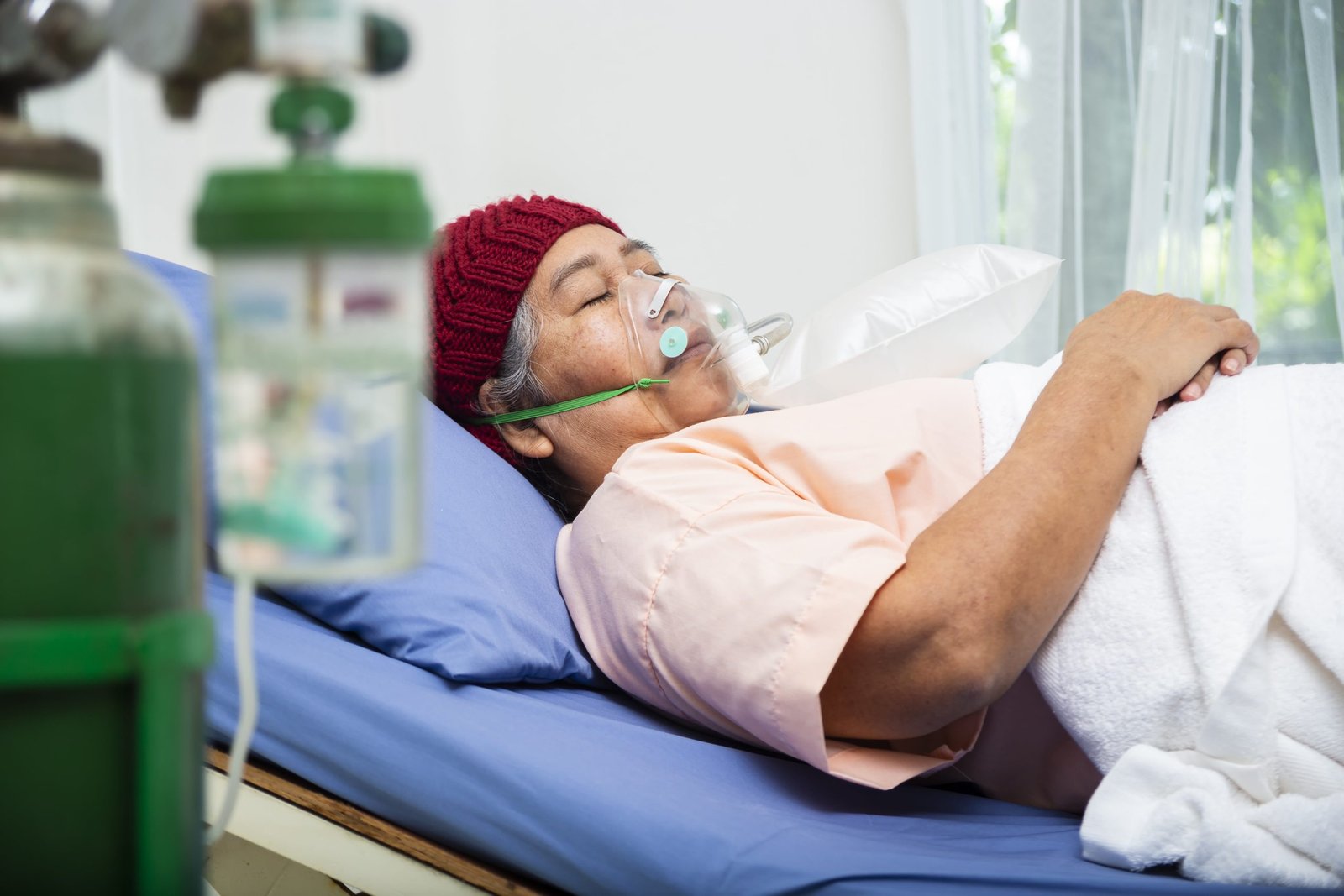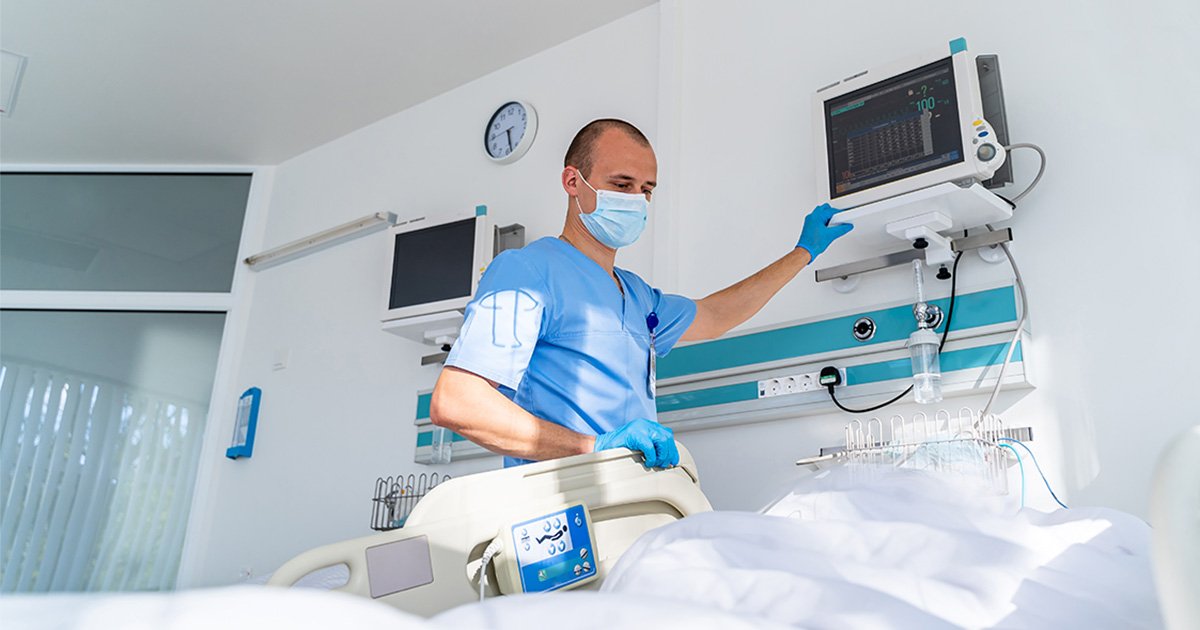When a patient faces a life-threatening condition or injury, they often need the intensive care provided in an ICU (Intensive Care Unit). ICU care and its role in healing are crucial in managing critical health situations, stabilizing patients, and improving their chances of recovery. The ICU provides constant monitoring, advanced treatments, and a team of specialized doctors and nurses working together to support the healing process. In this article, we’ll explore how ICU care helps heal patients and why it’s vital for recovery.

1. Continuous Monitoring to Track Patient Health
A major part of ICU care and its role in healing is the ability to monitor patients continuously. ICU teams use state-of-the-art equipment to track vital signs like heart rate, blood pressure, oxygen levels, and body temperature. This constant monitoring allows healthcare providers to detect any changes in a patient’s condition in real time. Early detection of problems allows for quick interventions, preventing further damage and improving the patient’s chances of recovery. Some of the monitoring techniques include:
- Heart monitoring: To track heart rhythm and ensure the heart is pumping blood effectively.
- Oxygen monitoring: Ensuring that oxygen levels stay within a healthy range to prevent organ damage.
- Temperature checks: To detect signs of infection or fever that may require medical attention.
By continuously observing vital health metrics, ICU care teams can immediately adjust treatments to support healing and prevent complications.
2. Life-Saving Treatments to Support Organ Function
ICU care and its role in healing include providing life-saving treatments to support vital organs. When a patient’s organs start to fail, specialized treatments like mechanical ventilation, dialysis, and vasopressors are used to stabilize the patient. These interventions are essential for keeping the body functioning until the organs can recover. For example:
- Mechanical ventilation: For patients who are unable to breathe on their own, ventilators supply oxygen directly to the lungs, allowing the body to receive enough oxygen while the lungs heal.
- Dialysis: Patients with kidney failure often require dialysis to remove waste and excess fluid from their blood. This helps to balance the body’s systems and supports the kidneys during recovery.
- Vasopressors: In cases of low blood pressure, vasopressors are given to help restore proper circulation and ensure that organs continue to receive blood and oxygen.
These treatments allow ICU patients to survive critical conditions and begin the healing process. Without these life-saving interventions, recovery would be far less likely.
3. Specialized Care Teams Focused on Recovery
The team of experts in the ICU plays an important role in ICU care and its role in healing. Patients are cared for by a multidisciplinary team of doctors, nurses, specialists, and other healthcare professionals who are all focused on one goal: recovery. Some key members of the team include:
- Intensivists (ICU doctors): These doctors specialize in critical care and are responsible for overseeing the treatment plan, making adjustments as needed to improve patient outcomes.
- Critical care nurses: Nurses in the ICU provide constant care, monitoring patients closely, administering medications, and helping with procedures. Their role is essential in ensuring that patients are stable and comfortable.
- Respiratory therapists: These specialists help manage breathing treatments, particularly for patients on mechanical ventilators, ensuring that the patient receives enough oxygen.
- Dietitians: Nutrition is a key part of healing. Dietitians create feeding plans for patients who cannot eat on their own, ensuring they receive the necessary nutrients to aid recovery.
This collaborative effort between the ICU team members helps to address all aspects of the patient’s health, supporting a faster and more effective recovery.
4. Timely Intervention to Prevent Complications
One of the most important aspects of ICU care and its role in healing is the ability to intervene quickly to prevent complications. ICU patients are often at risk of developing additional health issues, such as infections, blood clots, or organ failure. However, the ICU team is trained to recognize early signs of these complications and respond swiftly. For example:
- Infection control: ICU staff are vigilant in preventing infections, which can be life-threatening for critically ill patients. Antibiotics and other treatments are administered as soon as signs of infection are detected.
- Blood clot prevention: Patients who are immobile for long periods may be at risk of blood clots. ICU care teams use techniques like compression stockings, blood thinners, and early mobilization to prevent this complication.
- Fluid management: ICU teams closely monitor fluid levels to ensure that the patient is neither dehydrated nor overloaded with fluids. Proper fluid balance is key for healing and organ function.
By addressing these potential complications early, ICU teams help keep patients safe and support the healing process.
5. Nutritional Support for Faster Recovery
ICU care and its role in healing also includes providing nutritional support to patients who cannot eat on their own. Malnutrition can significantly slow recovery, so it is essential that ICU patients receive the right nutrients, even if they are unable to eat through normal means. Nutritional support may be provided through:
- Enteral nutrition: This involves feeding patients through a tube that goes into the stomach or small intestine. It allows patients to receive nutrition even when they cannot swallow food.
- Parenteral nutrition: For patients who cannot tolerate enteral feeding, nutrition is provided intravenously. This ensures the patient receives the necessary calories and nutrients to support healing.
Nutrition is an often-overlooked aspect of recovery, but it plays a key role in restoring strength and helping the body heal.
6. Emotional and Psychological Support for Healing
Healing is not only about physical recovery—it’s also about emotional well-being. ICU care and its role in healing include providing psychological support for patients, especially since ICU stays can be traumatic. Patients may feel anxious, stressed, or confused due to their critical condition or treatments. ICU staff help manage this by offering:
- Pain management: Ensuring patients are comfortable by controlling pain and discomfort from treatments and medical procedures.
- Sedation: For patients on ventilators or undergoing painful treatments, sedation helps keep them relaxed and reduces stress on the body.
- Family involvement: ICU staff encourage family members to visit and provide emotional support. Families are often the patient’s best source of comfort and motivation during recovery.
Supporting the emotional well-being of patients can enhance their recovery and increase their chances of survival.
7. Rehabilitation to Restore Strength and Function
Once the patient is stable, ICU care and its role in healing also includes rehabilitation. After an extended stay in the ICU, many patients experience muscle weakness, joint stiffness, and other physical challenges due to immobility. To help patients regain strength and function, physical therapy is often introduced. This may involve:
- Mobility exercises: Physical therapists help patients slowly regain their ability to move and perform basic activities.
- Strength training: Exercises are introduced to help patients rebuild muscle strength that may have been lost during their ICU stay.
- Breathing exercises: For patients who were on ventilators, breathing exercises help strengthen lung function and improve overall stamina.
Rehabilitation helps patients transition from critical care to long-term recovery, promoting better quality of life and independence.
Conclusion
ICU care and its role in healing are essential for stabilizing critically ill patients and improving their chances of recovery. Continuous monitoring, life-saving treatments, specialized care teams, and timely interventions all work together to support healing. Additionally, emotional support, nutrition, and rehabilitation are key elements in the recovery process. The ICU environment provides the advanced care and expertise needed for patients to heal, survive, and return to health after severe medical conditions. Without the critical care provided in the ICU, many patients would face a much more difficult road to recovery.











